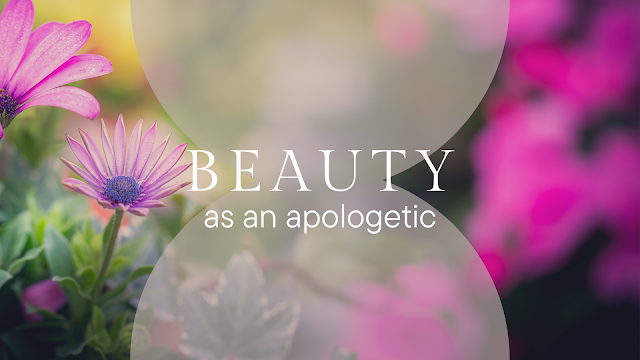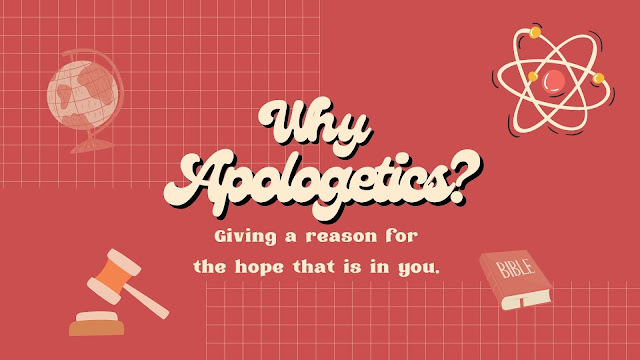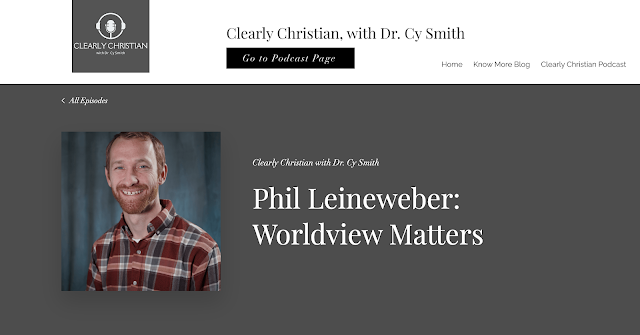Beauty as an Apologetic
The heavens declare the glory of God; the skies proclaim the work of his hands.
-Psalm 19:1
Perhaps one of the most persuasive arguments for the existence of God is the Argument from Beauty. Have you ever looked at a sunset in awe? Stared into the face of a newborn baby? Gazed upon a flower in bloom? Naturalism (the belief that the natural world is all that exists–i.e. no belief in God or any “supernatural”) would try to explain beauty by saying we are conditioned to prefer certain sights and sounds by natural selection and chemical impulse, but does this adequately explain our experience of beauty in the world? I don’t think so.-Psalm 19:1
Even our own human bodies and their magnificent design seem to point to a designer! The Psalmist spoke to this end:
“I will praise you for I am fearfully and wonderfully made marvelous are your works” Psalm 139:14
C.S. Lewis observes this too, “our lifelong nostalgia, our longing to be reunited with something in the universe from which we now feel cut off, to be on the inside of some door which we have always seen from the outside, is no mere neurotic fancy, but the truest index of our real situation.” He argues that the desire and wonder for things in the created world are all just an echo of our desire for the Creator and Author of all beauty, God.
Even atheists see the difficulty here. Professor Anthony O’Hear states, “from a Darwinian perspective, truth, goodness, and beauty and our care for them are very hard to explain.” This is correct. Atheism cannot explain why music feels significant. Why that sunset makes you sigh in wonder. To try to explain “beauty” from a naturalistic perspective necessitates devaluing that which we think beautiful. Beauty, in this case, has no real transcendent value; it is merely subjective. There is no wonder. The Christian in this case should argue that the sunset or a beautifully composed piece of music demonstrates something that is greater than ourselves.
Even atheists see the difficulty here. Professor Anthony O’Hear states, “from a Darwinian perspective, truth, goodness, and beauty and our care for them are very hard to explain.” This is correct. Atheism cannot explain why music feels significant. Why that sunset makes you sigh in wonder. To try to explain “beauty” from a naturalistic perspective necessitates devaluing that which we think beautiful. Beauty, in this case, has no real transcendent value; it is merely subjective. There is no wonder. The Christian in this case should argue that the sunset or a beautifully composed piece of music demonstrates something that is greater than ourselves.
"He has made everything beautiful in its time. He has also set eternity in the human heart; yet no one can fathom what God has done from beginning to end" – Ecclesiastes 3:10-11To state that beauty is just a biological or chemical response or something that is conditioned by natural processes devalues Mozart, Picasso, Beethoven, Shakespeare, and Dickens. Beauty is real. It rightly brings our hearts to a place of wonder! And it rightly points us to a transcendent Creator.
May the beauty in your life bring you to worship the Maker of all things.



.png)


Comments
Post a Comment